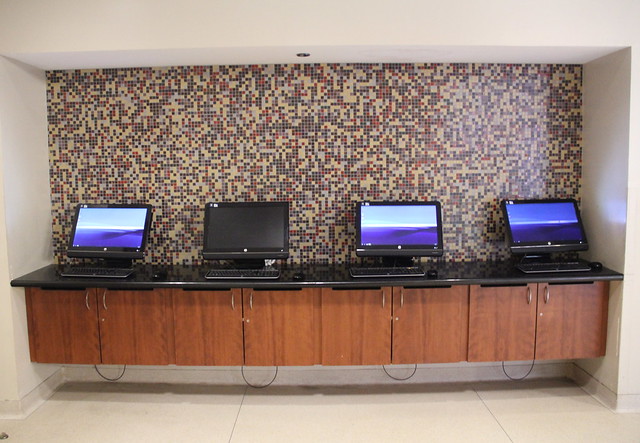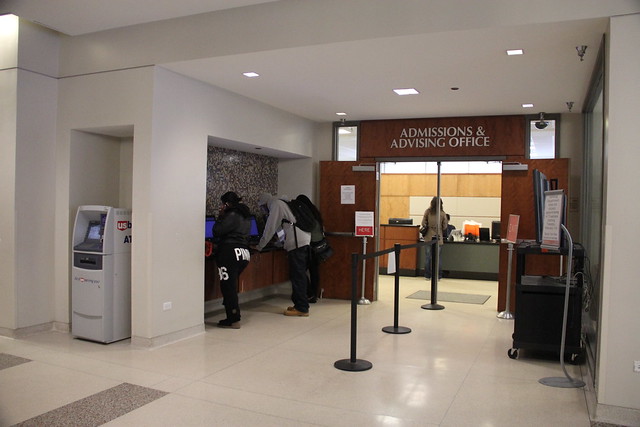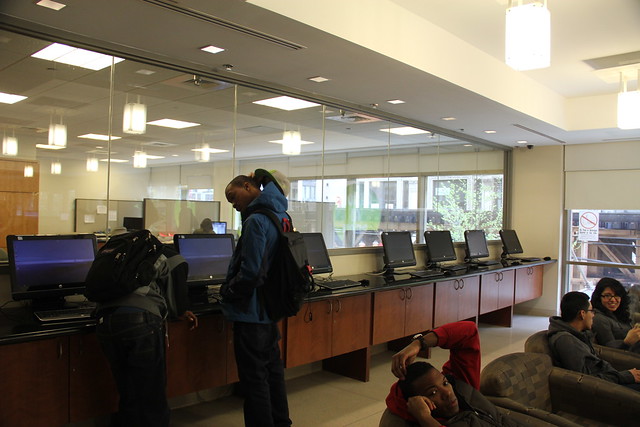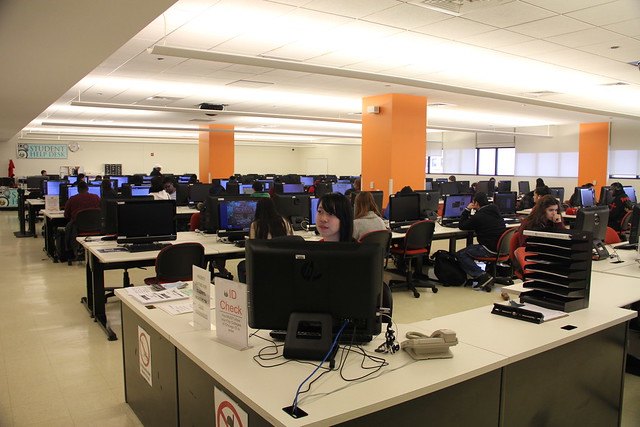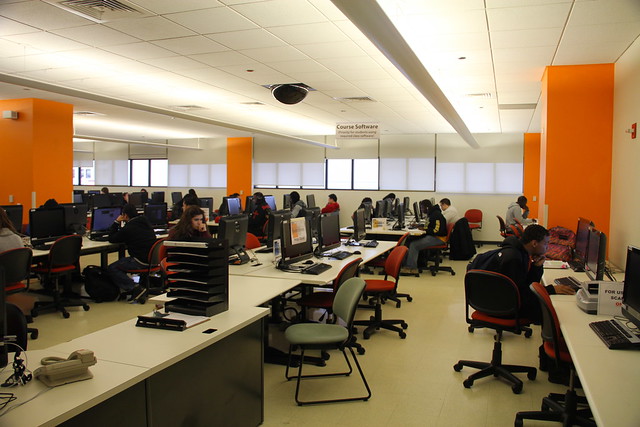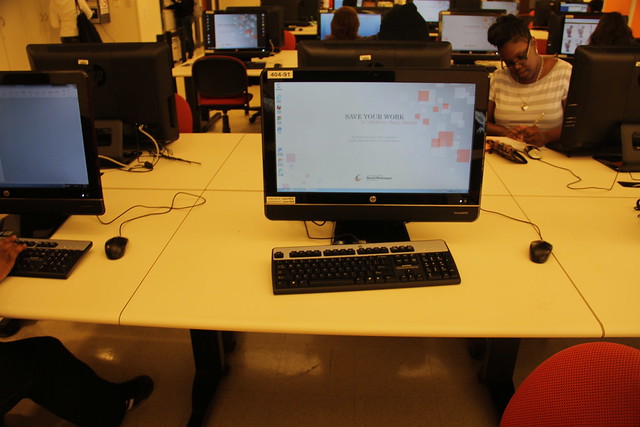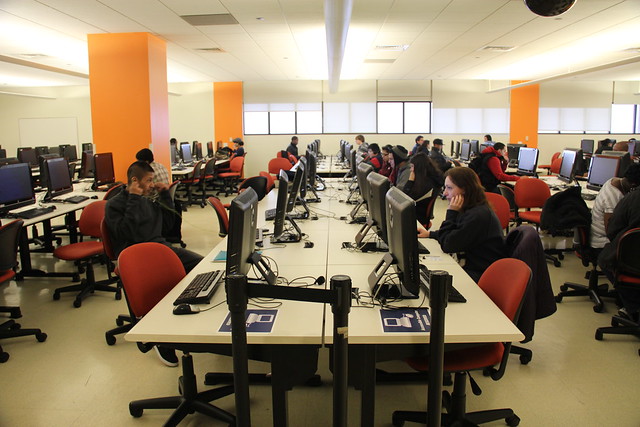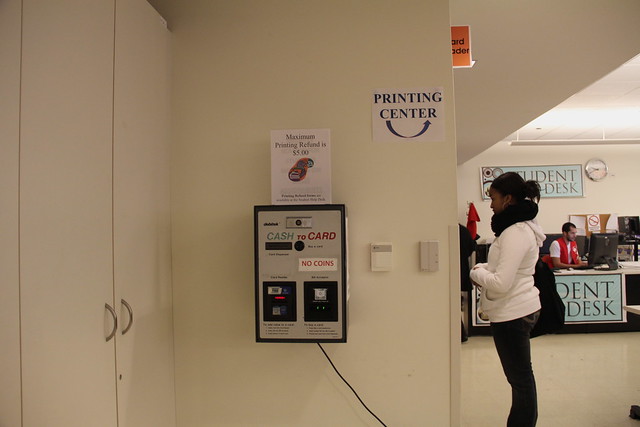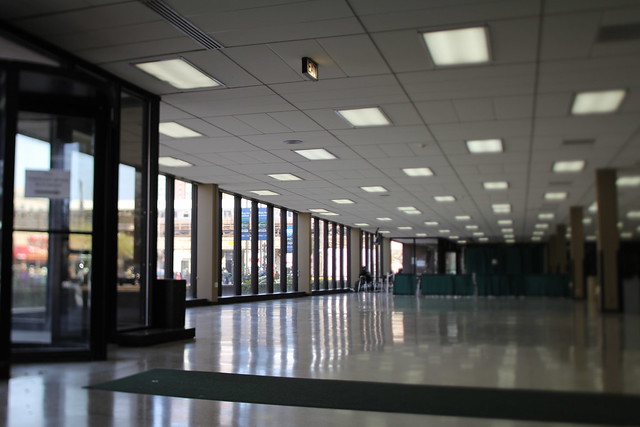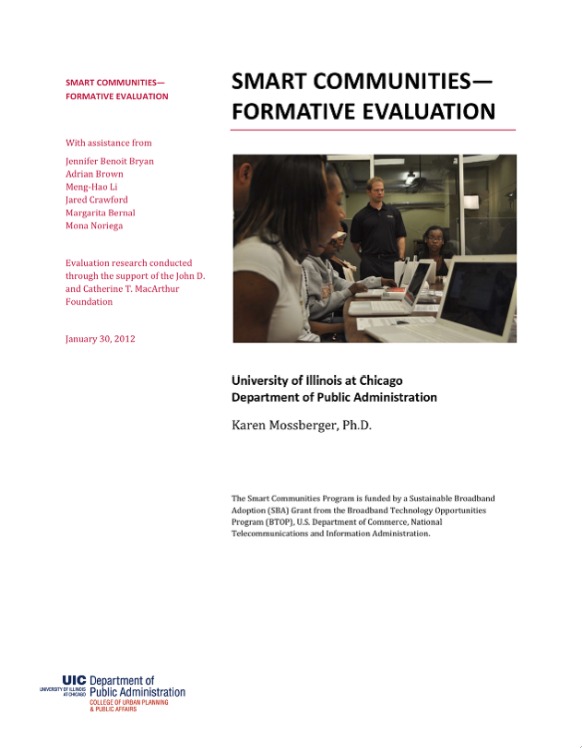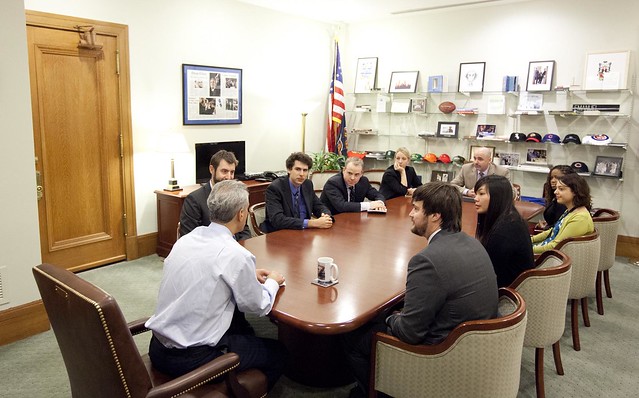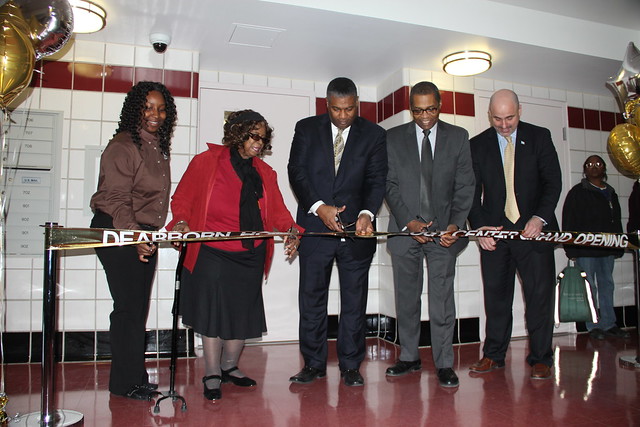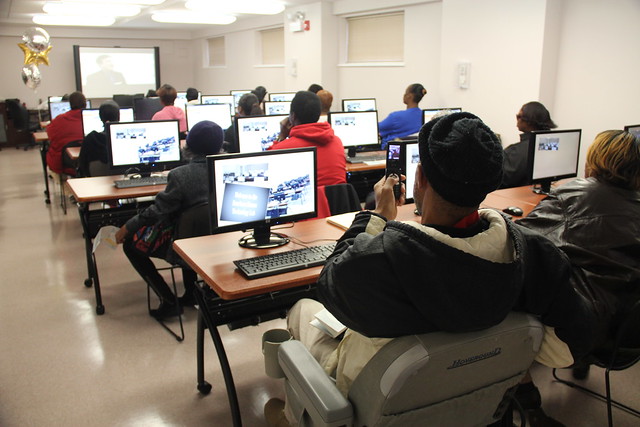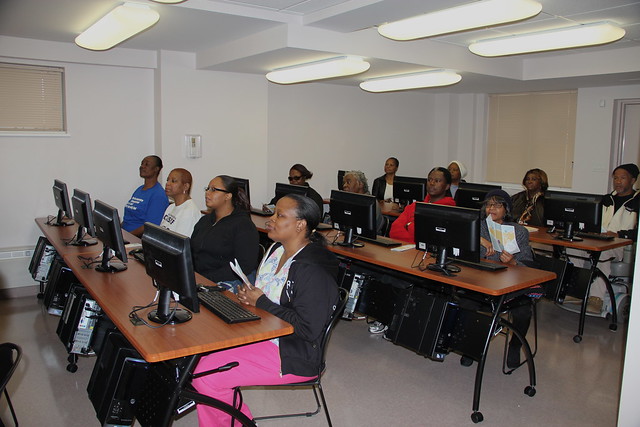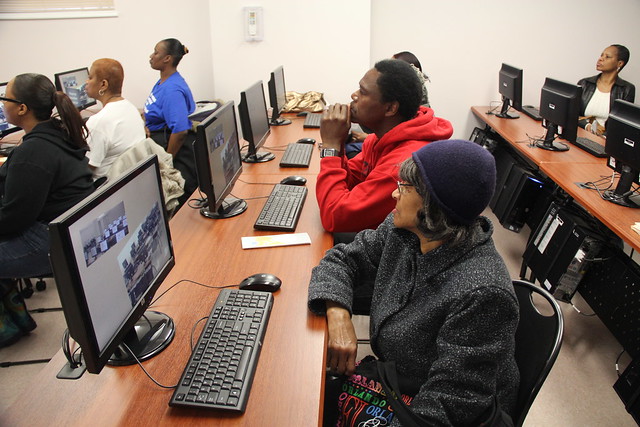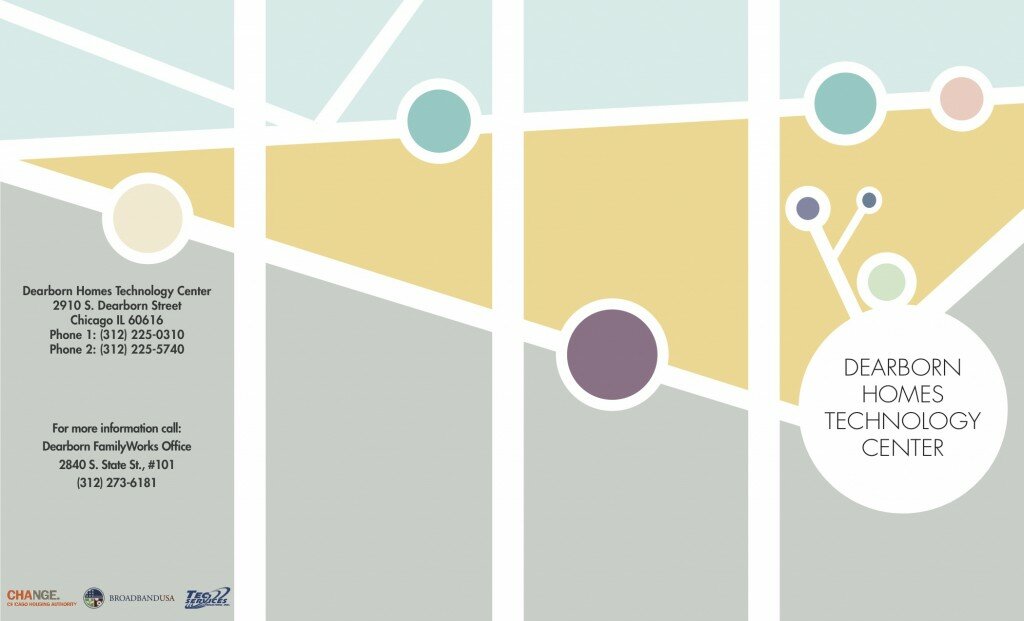The Smart Chicago Collaborative and the University of Chicago’s Urban Education Lab are seeking letters of interest for the design and development of an early childhood education web portal for the City of Chicago.
In order to increase transparency and empower parents, the City of Chicago is partnering with the Smart Chicago Collaborative and the University of Chicago’s Urban Education Lab (UEL) to develop a comprehensive early childhood education web portal. The portal will serve as a one-stop-shop for finding early learning programs, assessing program quality, and tracking data about Chicago’s early childhood systems. With the implementation of the State’s Quality Rating Improvement System (QRIS), parents will be able to view each program’s star rating to assess quality across the city. The portal will also help parents understand their child’s eligibility for program, and allow for user interaction/input regarding programs. The portal will be fully operational by the end of July 2012, in time for parents to use it as a resource for the next school year.
This request for letters of interest is the first step in the process of finding a vendor, consultant, or group of consultants for the design and development of the web portal. We are looking for letters of interest that demonstrate an aptitude for and experience in this type of work, as well as some initial thoughts on how to execute it. We welcome letters from design firms, technology outfits, and independent developers who have ideas on how to get this done. The Web Portal Design partner for this project will be required to:
- Work at the direction of the Smart Chicago Collaborative.
- Work with researchers affiliated with the University of Chicago Urban Education Lab who will provide input on content, how it is presented, and the possible incorporation of experiments aimed at trying to learn about how to make the portal as helpful to parents as possible, and to better understand the decision making of low-income parents around schooling and related issues.
- Discovery: Discuss goals, objectives, and methodology. Become familiar with all relevant information to design the best possible system, including reviewing all existing school lookup tools in Chicago (CPS School Finder, SchoolLocator, ArtLook), similar tools in other jurisdictions, and commercial options.
- Development: Be open to using as much open source code as possible.
- Wireframes: Create the best possible user experience with thoughtful attention to user flows, the feel of the application, and creating a real community around the information.
- Design: Engage in a classic graphic design process for the portal, including logo, colors, themes, etc.
- Mapping: Develop a mapping system, using as much open source code as possible
- Commenting: Develop a commenting system to encourage the sharing of the most reliable information possible within the site
In the letter of interest, applicants should demonstrate experience, aptitude, and capacity in relation to the work described above. In addition, applicants should provide an estimated project timeline and a budget proposal. Letters of interest should not exceed three single-spaced pages, including budget and timeline information, and should be submitted to Dan O’Neil at . Brief bios, CVs, or resumes for key personnel should be submitted with letters of interest and will not be included within the three page limit. Letters are due April 13, 2012.
